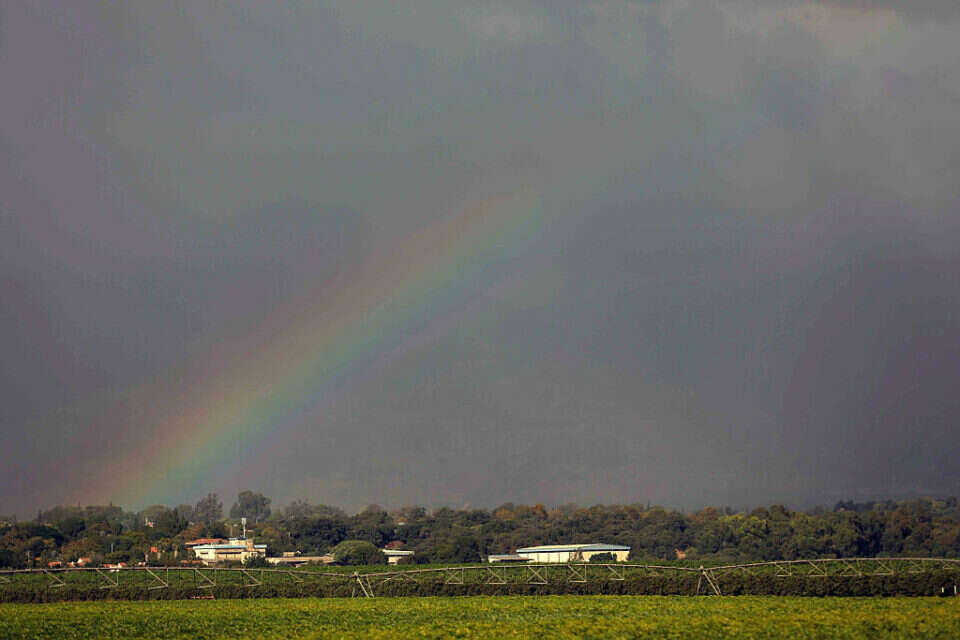In the early 2000s, many kibbutzim in the north faced existential crises.
Some were insolvent, the population was aging, the young were abandoned and the orphanages were emptied.
The Upper Galilee Regional Council initiated a strategic plan for renewal and the establishment of community extensions in kibbutzim, and enabled the thawing of agricultural land for construction, despite the land court. It was a lifeline for the kibbutzim in the council area. Also as an attraction to a new population, which will renew the face of the kibbutz, this is how the "renewable kibbutz" was born.
In Kiryat Shmona and other places, established residents and young couples turned to expansions in the nearby rural settlement, which provided an attractive package: detached house, good education and quality of life.
Although the kibbutzim did open the gate to buyers, they were not always open to the new residents from a community and cultural point of view.
Kibbutz Dafna is one of those kibbutzim.
The kibbutz began to expand with two small community extensions, built next to the old kibbutz, in a way that invites a connection between the new and the old.
As in many other kibbutzim, Kibbutz Dafna also realized that in order to protect a community lifestyle, a draconian route of sorting must be adopted that will determine who those lucky ones are who can join as "friends," and receive agricultural land converted to construction immersed in beautiful scenery.
But at a certain point, when the demand for expanding homes was at its peak, Kibbutz Dafna decided to redefine the boundaries of "renewal" and fight back to the distinctly secular character of yesteryear. It happened last Yom Kippur. It was on this day of soul-searching that Kibbutz Dafna saw fit to violate the unwritten agreement between it and the traditional population, which joined the expansion and chose to tie its fate to the community and take part in renewal.
For several years, the kibbutz has been accepting a tradition of celebrating the holidays in a Jewish spirit, and holding prayers and holiday customs as many of the new residents absorbed in their homes and the communities from which they came. Over the years, cooperation has even been established with the local guest house, which has allocated an old building for the benefit of a synagogue for residents and their guests. And suddenly, without any prior preparation, the kibbutz decided that there would be no more "religious coercion," and approved the guest house to allow its guests to light barbecues in the area adjacent to the building that was converted into a synagogue during the holiday. The residents of the extension learned this at the last minute, which created a sense of rift between the two communities in the kibbutz, the old and the secular - and the new and traditional one.
The agricultural land was converted into income-producing real estate, some of which saved the kibbutzim from a collapse of history and disintegration. Once they have strengthened and recovered from the crises that threatened their existence about two decades ago, the kibbutz feels that it is permissible to stop the "renewal" and violate the unwritten contract with the new communities that have been extensively absorbed.

